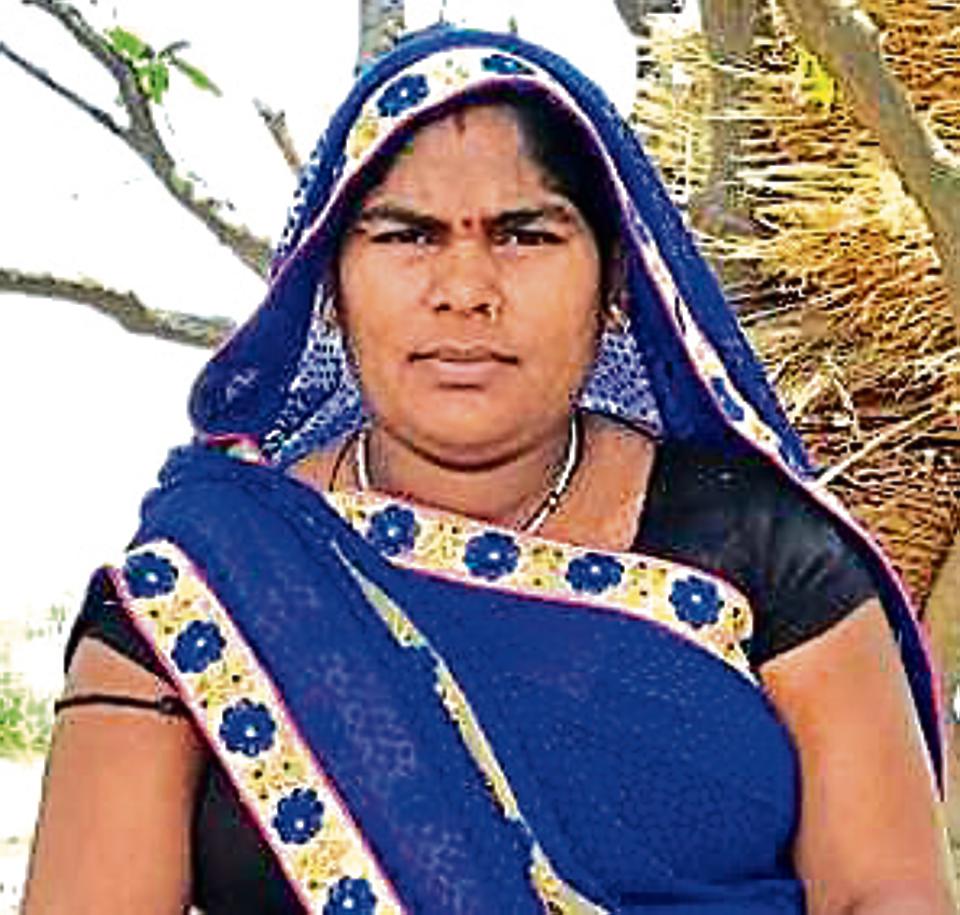By Rajeev Mullick
Hindustan Times, New Delhi
WWR Article Summary (tl;dr) Pratima Devi is leading the way help young women in India live happy and healthy lives.
Hindustan Times, New Delhi
Gram pradhan Pratima Devi, 28, represents woman power, quite literally. An ordinary woman of Ramchadrapur village in Mirzapur till a few years ago, Pratima decided to contest the pradhan election only to ensure construction of toilets and bathrooms for the girls of her village.
Her agenda got the thumbs up from teenage girls and women of the village who were struggling for their dignity and privacy daily. And it was woman power that made her win the election.
“Girls of the village would often lament the lack of toilets and the problems they had to face daily. Things worsened for them during menstruation. One day, while discussing the problems faced by girls I said that if I were the pradhan of the village, I would certainly do something. The girls supported me at once. That’s when I decided to fight the gram pradhan elections in 2015,” says Pratima Devi. In December 2015, she was elected to a five-year term to the post reserved for women.
The girls of the village had been learning the importance of menstrual hygiene in sessions hosted as part of the GARIMA initiative of Unicef. Thus, they submitted a demand letter to Pratima when she went home to home seeking votes. She promised to fulfill the demands of the women of the village. With their support, Pratima was elected the gram pradhan.
“The girls came with their letter once again in which construction of toilets and provisions for proper disposal of sanitary pads and cloth used during menstruation were among the top demands. Very soon, I got down to work and construction of toilets and bathrooms began as a mission. We got incinerators made with toilets to facilitate proper disposal of menstrual waste,” said Pratima.
“The government sanction for 122 toilets was given. But we have managed to get 135 toilets built in the village, making it a completely open defecation free village,” she added.
Pratima’s list of achievements doesn’t end here. Regular meetings with girls and women of the village are hosted to spread proper knowledge about women’s health issues. This also includes facilitation of sanitary napkin distribution through the frontline health workers.
“We also ensure that the toilets are kept clean in schools to get girls to attend school even during their menstruation. Regular sessions on menstrual hygiene are also organized in school,” she says.
Her husband Manna Lal Yadav, a teacher with a private school, is supporting Pratima in championing the cause of women’s health and hygiene.
The then chief minister Akhilesh Yadav had felicitated Pratima in 2016 for her efforts.
Kumar Bikram, water sanitation and hygiene (WASH) officer, UNICEF Uttar Pradesh, says, “In rural UP, only 39.
buy cialis oral jelly generic buy cialis oral jelly online no prescription
9% of women use hygienic methods of protection during menstruation as per the National Family Health Survey (NFHS). Girls typically miss one-two days of school per month during that period. Availability and accessibility of toilets at the household and institutions provides private space to adolescent girls and women for practicing menstrual hygiene as per their requirement in a dignified way.”
Prof Rakesh Chandra, former, director, institute of Women Studies, Lucknow University, says it is heartening that girls’ hygiene is fast emerging as an issue on the new agenda.
“Congratulations to gram pradhan Pratima Devi. This woman leader has taken woman’s bodily development needs as the new agenda in the politics of development. Girls need water, absorbent material, privacy, disposal facilities, counseling and care,” he says.
Prof Chandra says puberty is a period of critical development with biological, cognitive, psychological and social change. “Girls often feel isolated, lonely and unprepared emotionally. Many homes create taboos on touching and mobility, based on ideas of purity. Some say this is God’s punishment. The Indian reality of poverty and gender discrimination adds to the problem. We all must help girls to grow happy, hygienic and free,” he said.
Dr Jyotsna Mehta, gynecologist, says, “The importance of menstrual hygiene is grossly underestimated. If unsterilised sanitary napkins are used, infection may ascend up as the OS (the orifice or opening of the uterus or womb) is open during menstruation causing PID (pelvic inflammatory disease) which may, in turn, block the Fallopian tubes and cause infertility.”
May 28 is celebrated as the world menstrual hygiene day to create awareness on menstrual hygiene and its management.














































































































































































































































































































































































